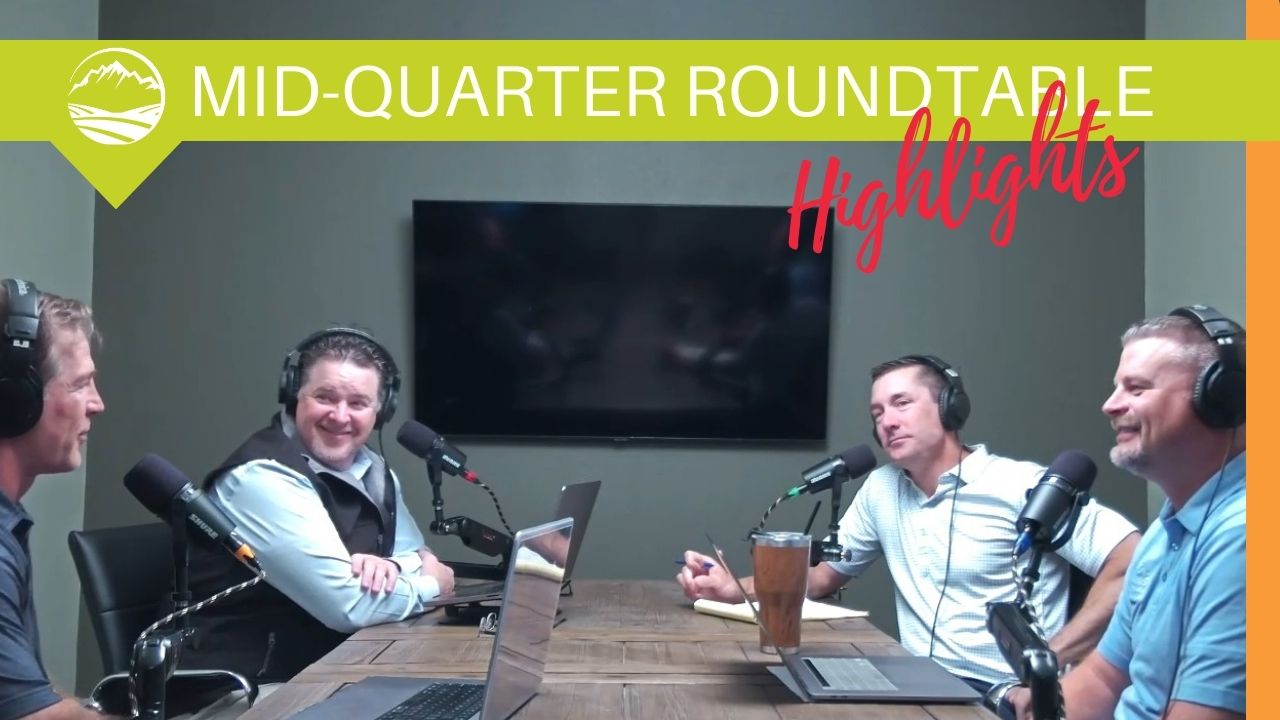You are now leaving the Strong Valley Wealth & Pension, LLC ("Strong Valley") website. By clicking on the "Schwab Alliance Access" link below you will be entering the Charles Schwab & Co., Inc. (“Schwab”) Website. Schwab is a registered broker-dealer, and is not affiliated with Strong Valley or any advisor(s) whose name(s) appears on this Website. Strong Valley is/are independently owned and operated. Schwab neither endorses nor recommends Strong Valley. Regardless of any referral or recommendation, Schwab does not endorse or recommend the investment strategy of any advisor. Schwab has agreements with Strong Valley under which Schwab provides Strong Valley with services related to your account. Schwab does not review the Strong Valley website(s), and makes no representation regarding the content of the Website(s). The information contained in the Strong Valley website should not be considered to be either a recommendation by Schwab or a solicitation of any offer to purchase or sell any securities.

A huge challenge is planning for your retirement savings to outpace inflation. As prices increase, the purchasing power of your income – dollar for dollar – decreases. Here are some scenarios that explain the causes of inflation and some things to consider for your financial future.

Some of us may remember the “good old days,” when gasoline prices were as low as 25¢ per gallon. Others may recall when a can of soda cost 15¢. But prices tend to rise over time – sometimes steadily and sometimes abruptly. In the years ahead, inflation will most likely decrease the purchasing power of your money, which means that during retirement, your dollars will buy less than they do today.
It is easy to misinterpret inflation as the rise in price of individual goods and services. However, inflation is the increase in the averageprice level of all goods and services.
For example, the price you pay for oranges may rise during the winter due to unseasonably cold temperatures in Florida. On the other hand, the average price of other items in your local supermarket, like peanut butter and paper towels, may remain relatively level. So, the increase in the price of oranges is not a result of inflation but, rather, a function of supply and demand.
Inflation can result when either:
Note how, as inflation is defined here, the supply and demand for oranges alone would have no effect on inflation. However, changes in supply and demand on a broader scale can result in inflation.
Consider the following economic scenario: suppose business is booming, unemployment is low, and the average worker’s wages are increasing. As a result, consumers have more disposable income available and may therefore be able to purchase more goods and services. Average prices tend to rise under these circumstances due to the increase in demand for all goods and services.
In another scenario, suppose the economy is suffering. As unemployment rises and wages remain stagnant, consumers may be unable to purchase additional goods and services. Production may then slow down, with prices going up to minimize the losses. In this cycle, average prices tend to rise due to a decrease in the supply of all goods and services.
It is important to keep in mind that individual consumers are not the only participants in the market that can affect the economy. Businesses, government agencies, and foreign markets also spend billions of dollars on U.S. goods and services. Their spending, or lack thereof, can equally influence increases or decreases in supply and demand that, in turn, can result in inflation.
To a certain extent, some inflation may be a sign of a healthy economy. In fact, one of the economic policy goals of the U.S. government is to maintain an inflation rate ranging from 0% to 3% per year (2% is the stated goal). Too much inflation or no inflation at all can be a sign of troubling economic times. So one of the greatest challenges facing policymakers is making decisions that lead to the optimum level of inflation.
Two Federal economic policies are used in an attempt to control the economy. Fiscal policy, which falls under the auspices of Congress, uses taxation and spending to reach full employment, stabilize prices, and boost economic growth. In contrast, monetary policy, which is controlled by the Federal Reserve Bank (the Fed), manipulates the money supply and short-term interest rates in an attempt to spur growth or control inflation.
Congress, and especially the Fed, looks at the Consumer Price Index (CPI) when making policy decisions. The CPI is considered by many to be one of the best measurements of inflation. The CPI gauges the average change in prices paid by urban consumers for a fixed market basket of goods and services over a period of time. The CPI represents all goods and services purchased by urban consumers. Each month, the CPI is calculated, and constant fluctuations in the CPI will ultimately result in Congress or the Fed taking appropriate measures to regain control of inflation. Note that the Fed has the ability to react quickly. However, Congress must pass legislation, which requires debate and time, before its fiscal decisions can be carried out.
In addition to creating higher costs for goods and services, inflation creates depreciation in currency values. So, as prices increase, the purchasing power of your income – dollar for dollar – decreases. During sound economic times, price increases will usually be accompanied by wage increases that are equal to, or greater than, inflation. However, during economic downturns, when wages remain level, the cost of living increases as your purchasing power diminishes.
Regardless of what state the economy is in, one of your greatest long-term financial challenges may be planning for your retirement savings to outpace inflation.
Therefore, it is always important to consider inflation, not only as you save, but also as you make purchasing decisions.
Your financial advisor can help you plan.



